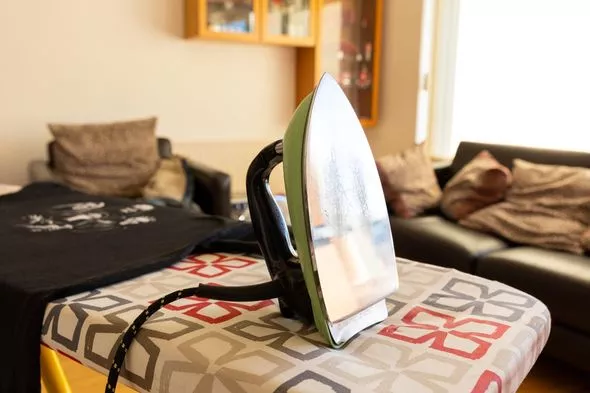Some six years ago, Jacques Peretti made a startling TV series on how easy it has become to throw away stuff and how difficult it is to keep using it:
Planned Obsolescence: and The Men Who Made Us Spend | futuresforumvgs.blogspot.com
In today’s Daily Mail, Harry Wallop looks at how far we’ve come – and it’s very promising. Here are a couple of excerpts from an excellent, longer piece, where the writer does battle with his not-so-smart phone:
I tried to change my iPhone battery… and nearly blew up the kitchen! We’re all trying to move on from the ‘throwaway’ culture. So why, asks HARRY WALLOP, do they make it so difficult to rescue our old gadgets?
- Harry Wallop decided to rescue an old iphone 7 with new battery
- The UK has an estimated 527 million ‘small old electricals’ and he decided to save the planet and a few pounds by replacing battery himself
- He gives his verdict on his experience of trying to change the battery
How hard can it be? ‘I really don’t think it’s difficult,’ Junaid Syed reassured me. ‘I always say if you can assemble a piece of Ikea furniture, you can replace a smartphone screen or battery.’ Junaid is the co-founder of SarasFix, a mobile phone repair shop in central London. So with his reassuring words ringing in my ears I attempted to replace a worn-out battery inside an old iPhone 7. Apart from the fact the battery ran out of juice after just a few hours, the phone was in good working order.
My thinking was: why spend £389 on the cheapest new iPhone, when I could rescue an old one with a new battery? Save the planet and a few pounds into the bargain…

Consumers increasingly want their electronics to last a decent amount of time. When it was revealed last week that Chris West, from Orpington, South-East London, was still using his grandmother’s trusty Morphy Richards iron from the 1940s, people were thrilled rather than horrified. Britain now has 156 ‘repair cafes’, where volunteers fix broken household goods, up from 92 just two years ago…
‘Manufacturers estimate that the lifecycle of a laptop is five years and a smartphone is three years,’ explains Ugo Vallauri, co-founder of The Restart Project, which organises get-togethers where people can have their stuff mended. ‘But our data — from people who come into repair cafes and restart parties — shows that 40 per cent of all the laptops that people bring to get mended are older than five years. We’ve seen laptops as old as 11 years. The fact that people are trying to mend them means that they are still useful to them.’ …
The reality is mending any device comes with a risk of some sort, as some experts warn. Craig Anderson is chief executive of the charity Reuse Network, which mends and tests millions of consumer products before donating them to organisations that help families in poverty. It started as a charity 30 years ago, but it is now just as much an environmental organisation, saving over 3,500 tonnes of products from being wasted…
But is it reasonable to expect Apple or Samsung to design a phone that can not only take amazing pictures, play music and double up as my in-car navigation system, while at the same time being as easy to dismantle as Lego? Vallauri says it is and points to a Dutch brand called Fairphone, which markets itself as ‘the world’s most repairable phone’. ‘If you look at Fairphone,’ he says, ‘it shows it is perfectly possible to produce a smartphone that is easy to repair.’ …
If we want to reduce the 24kg of electronics that we throw away every year, we need to make it easy for items to be mended and then there might be a chance that, like Mr West’s Morphy Richards iron, we could even hand down our smartphones or laptops to our grandchildren.
So why, asks HARRY WALLOP, do they make it so difficult to rescue our old gadgets? | dailymail.co.uk
